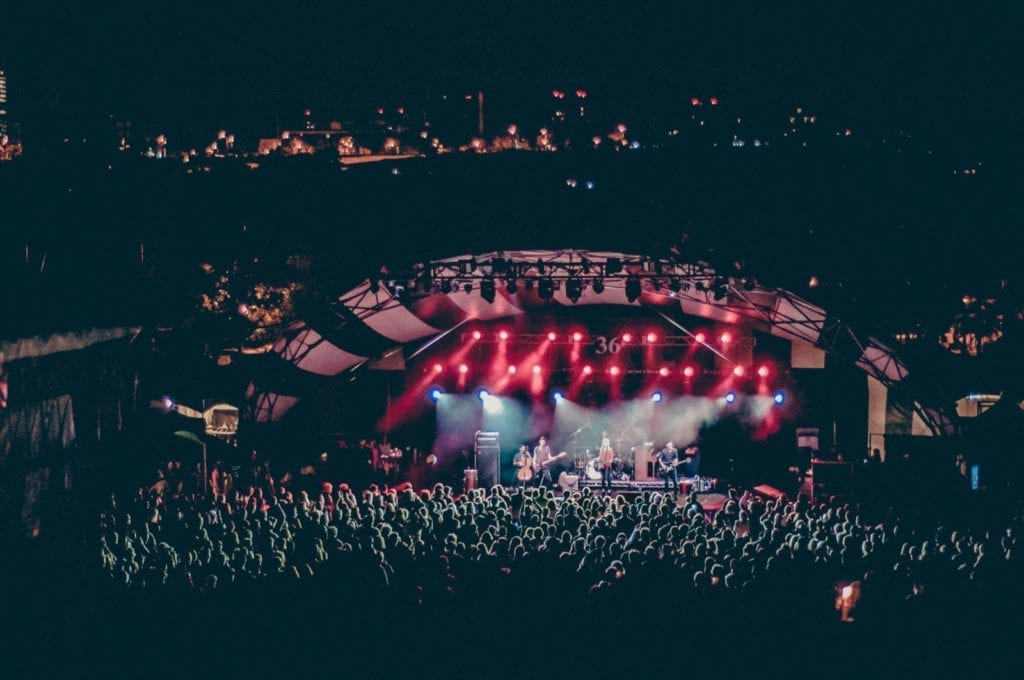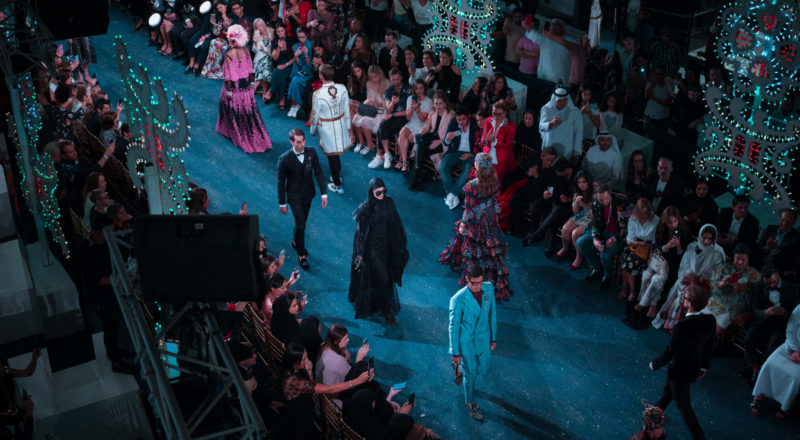Figuring out how to plan a concert of any kind—from a live orchestra or a mini-festival to a benefit concert or a gig with local bands—takes a lot of work. Yet it is something that you don’t strictly need specific training to do. (Although event planning experience is, of course, a huge advantage). But if you are a professional event planner who has never attempted a music concert before, there are some important things to think about.
The market for live music is booming: Over 29 million people attend live music events in the UK every year. Almost 11 million of those numbers are music tourists—people travelling specifically to see a gig or concert. This means that there is plenty of infrastructure and talent you can lean on to make planning a concert as easy as possible.
Let’s look at how to plan a concert by going through a few specific tips.
Billetto is a ticketing platform that helps you manage, promote, and host events. Set up an event page and start selling tickets in 5 minutes.
CREATE YOUR EVENT >>
1. Put together the performers
Depending on your starting, you may have a specific band or artist that you are planning the concert for. Alternatively, you may be putting on a festival or fundraiser concert and need a number of different acts.
Working with a specific band or artist
If you are working with a specific band, you will need to organise many of the details with them. This may involve working directly with the band or through their agent or manager.
You’ll also need to negotiate their fee. This can be a percentage of the ticket sales, or you may wish to pay them a set fee and collect 100% of the ticket revenue. Each option has its advantages and disadvantages.
Working with multiple bands and artists
If you need to work with several different acts, do not base your concert planning around them. In this case, sort out the date and venue before you think about booking the acts.

2. Work with a venue or venue finder
Perhaps the most important part of putting on a show is getting the right venue. Maybe you already have a venue in mind, or you might be considering a number of different options.
You need to think carefully about the size of the venue and its suitability for a music performance. It may be the case that you’ve staged other events in a venue and believe it would be ideal…but it may not actually be right for live music.
It can make sense to work with a local venue finding service or a venue management company with a portfolio of venues available. This will help you choose the right place for your event.
3. Organise the sound system
Potentially overlooked by first-time music event organisers, the sound system clearly plays an absolutely crucial role in ensuring the concert is up to standard.
Specialist music venues will have their own specific sound systems. This makes it easy, as the venue and the acts can then work together to establish what the former can provide and what the latter will be bringing with them.
It gets more complicated if you are putting on the concert in a venue that does not specialise in music. In this case, you may need to provide your own audio equipment, including a loudspeaker system and a mixing deck for the sound technician to work with.
Each venue will have unique needs, so it can make sense to work directly with audio equipment hire providers to ensure you are getting a system that is suitable for the size of the venue.

4. Understand set requirements
Different artists will have specific set requirements. This will often extend to much more than just amplification systems. It may be that the artist will have a set that goes along with their show. This could include anything from pyrotechnics and strobe lighting to feature pieces that involve high access.
These may have health and safety implications and will need careful planning and a risk assessment.
5. Get a good sound tech
You also need to ensure that you are working with a high-quality sound technician.
Venue designed for music will have their own sound tech who will be able to manage it all for you. But if you are working in a venue that isn’t designed for music performances, you’ll need a good technician to get the sound quality right.
Don’t assume that this is something that artists can take care of themselves. A sound engineer is an absolute must if you want to put on a concert that people will actually enjoy.
6. Work with the right staff
It’s important to have the right staff working at your event. Make sure that you hire ticketing, security, and other members of staff who have experience working at live music events and understand the different challenges in this environment.
Dealing with a large crowd in a loud space can be challenging. That’s why it’s extremely valuable to have a team that understands how to do it properly.

7. Put in the marketing work
An essential part of putting on a great concert is making sure that people actually turn up for it. Concert marketing is a subset of event marketing with its own techniques and tools. Posters are still a major part of concert marketing, as well as leveraging the support of local acts.
Billetto is a ticketing platform that helps you manage, promote, and host events. Set up an event page and start selling tickets in 5 minutes.
CREATE YOUR EVENT >>
Get planning!
Yes, planning a live concert will take a lot of work, but there is no time like the present to start putting that work in.
Hopefully you now have a better idea of how to plan a concert. The more time you give yourself to start getting the work done, the more you will be able to achieve.
Author: Dakota Murphey provides content for a small selection of event industry sites including Billetto.





Leave a Reply